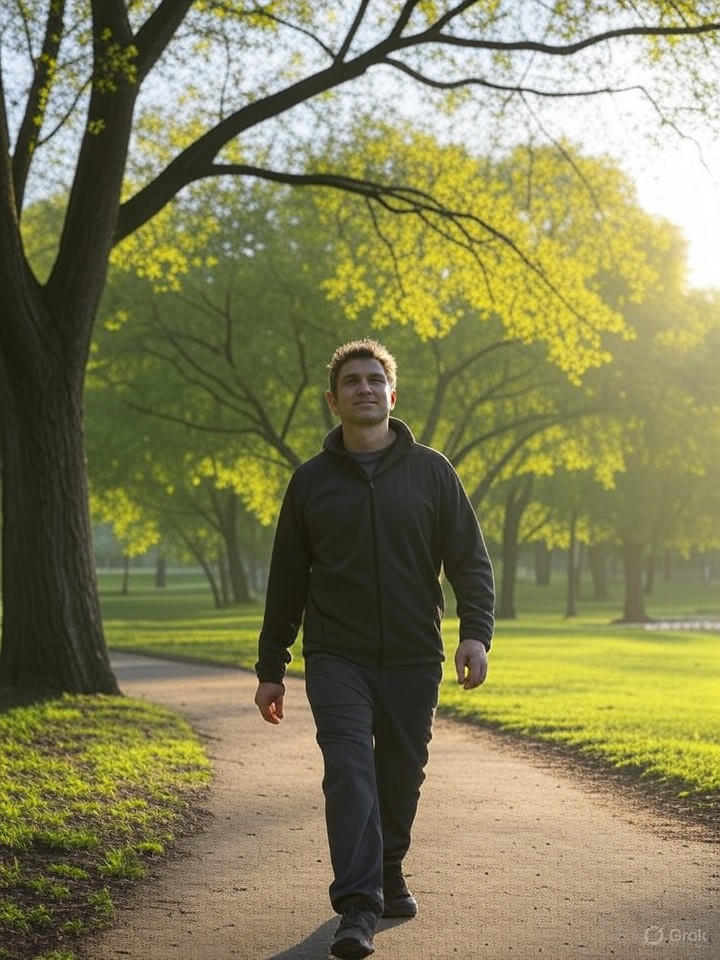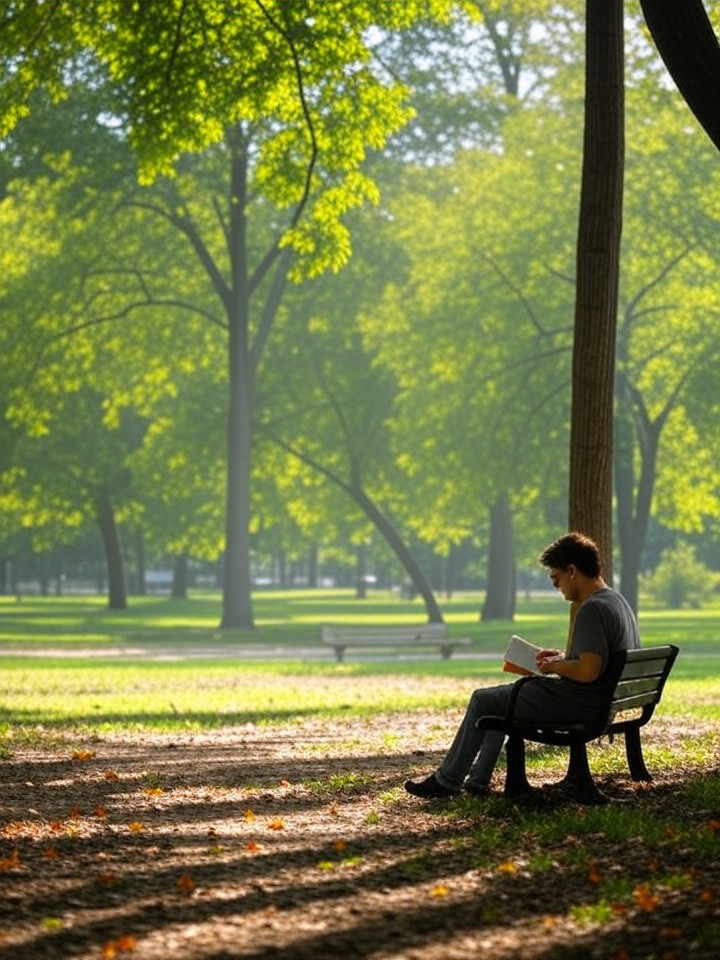Ever connected but still feel profoundly alone? Explore the silent toll of endless notifications and uncover micro-habits that restore real human warmth.


We live in an era where staying connected is easier than ever. A quick scroll through your feed, and you're linked to friends across the globe, family updates, and viral trends. Yet, amid this digital hum, a quiet ache persists for many: deep, personal loneliness. It sneaks in during late nights alone with a screen, or when online interactions feel scripted and shallow. This isn't just a feeling; it impacts daily life, from disrupted focus at work to restless sleep. A common misconception? That more time online will fill the void. In reality, excessive social media use often heightens isolation, as passive viewing triggers comparisons and unmet expectations.
Science backs this up. Studies show internet habits can both connect and disconnect us, depending on how we engage. The key lies in small, deliberate actions that prioritize real bonds over virtual noise. Drawing from behavioral insights, let's explore micro-habits designed for our wired world. These aren't grand overhauls but tiny steps that may gradually warm that inner chill of loneliness.
Think of loneliness as your brain's alarm for lacking meaningful ties, similar to how hunger signals empty fuel. In a digitally connected landscape, this alarm blares louder because online networks mimic closeness without the depth. Cognitive psychology defines loneliness as a perceived gap in social relationships, not just physical solitude. It's associated with elevated stress hormones and weakened immunity over time.
Digital platforms amplify this by curating highlight reels that make our own lives seem dim. Yet, research highlights a path forward: intentional habits that blend tech with authentic interaction can recalibrate this sense. By focusing on quality micro-moments, we tap into the brain's natural reward for belonging, fostering resilience against isolation.
Micro-habits are bite-sized behaviors, often under five minutes, that build neural pathways for lasting change. Rooted in habit design from behavioral science, they work by stacking onto existing routines, reducing resistance. For easing loneliness, these habits target the social brain's need for reciprocity and presence.
Evidence suggests consistent small actions are more effective than sporadic big efforts. They compound quietly, much like interest in a savings account, potentially lowering loneliness scores in as little as a month. In our always-on world, this approach honors tech's role while steering it toward human warmth.
Here are five practical, evidence-informed micro-habits. Each is simple to integrate, with tips for real life. Start with one or two to keep it sustainable.
Kick off your day by sending a personalized text or voice note to one person, such as "Thinking of you—how's that project going?" This shifts from reactive scrolling to proactive connection, a move linked to stronger social support networks. Research on digital communication shows such initiations may boost feelings of belonging by encouraging responses that build rapport.
Time it to two minutes during your commute or coffee routine. If replies are slow, don't take it personally; the act itself reinforces your relational muscle. Over time, this may turn acquaintances into confidants, easing that digital disconnect.
Once daily, set your phone aside for a three-minute chat with someone nearby—a coworker at lunch or a neighbor in passing. Focus on eye contact and listening, no screens involved. In-person micro-interactions release oxytocin, the "bonding hormone," which studies associate with reduced loneliness compared to text-based exchanges alone.
This counters the isolation of remote work or urban life. If shyness creeps in, practice with low-stakes talks, like complimenting a barista. Caution: Keep it brief to avoid exhaustion; if anxiety builds, alternate with phone calls.
Spend a couple of minutes weekly reviewing your social follows. Mute or unfollow profiles that spark envy, and add ones sharing positive, relatable content like community stories or hobby groups. Mindful curation of digital spaces is tied to lower social comparison, a key driver of online loneliness per psychological insights.
This isn't quitting social media but refining it for uplift. Use it as a wind-down ritual before bed. Be patient; habits form slowly, and it's fine if your feed isn't perfect. The goal is gradual exposure to content that mirrors real connections.
Pair your evening wind-down with noting one connection from the day, perhaps journaling "Grinned at that meme swap with Sarah." Positive psychology research indicates gratitude practices for relationships may enhance perceived support and buffer against isolation, even in digital-heavy lives.
Make it quick: Use a notes app if writing feels tedious. This reframes scattered online pings as threads of belonging. If some days lack highlights, simply reflect on a past bond. Avoid forcing optimism; authenticity matters most.
Enhance a solo habit, like walking, by inviting a friend to join via audio call for five minutes. Share observations from your surroundings to create a shared experience. Behavioral studies on hybrid interactions suggest this blend of digital and sensory elements can mimic in-person closeness, potentially easing loneliness without full meetups.
Ideal for busy schedules or distance. Rotate participants to nurture your circle. If tech glitches frustrate, fall back to texts. Remember, consistency trumps perfection; one call a day may spark ongoing dialogues.
These micro-habits hold promise but aren't magic. Science shows they may help many, yet individual results vary based on context like living alone or post-pandemic shifts. Proceed gently: Track mood weekly, and if loneliness deepens, seek therapy or group support, as it can overlap with conditions like depression.
Avoid over-relying on digital fixes; balance with offline pursuits. If a habit feels draining, pause and adapt. The aim is compassionate progress, not pressure. Evidence underscores that small steps, sustained with self-kindness, often yield the most enduring relief.
As you experiment with these practices, envision days where connections feel lighter and more nourishing. That subtle inner ease? It may emerge as your new normal, turning digital noise into a backdrop for real belonging. Wishing you steady steps toward that warmth.
For more insights on weaving calm into connected lives, subscribe to Wellness in Vogue and join us on this mindful path.

Psychologist bridging science with daily life. Thoughtful advice on managing stress, finding focus, and creating repeatable habits you can trust.



